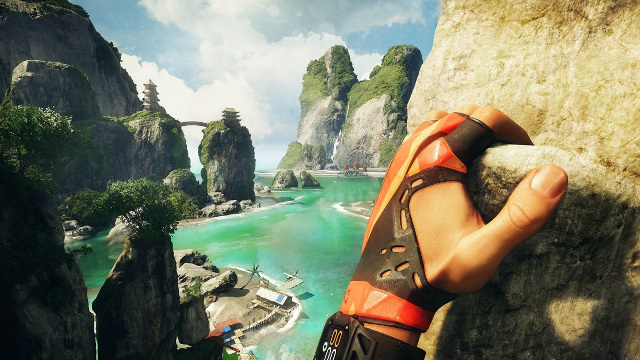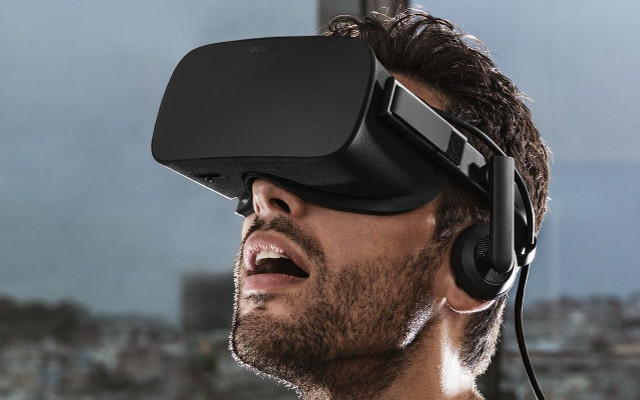The past week has not been good for Oculus VR. After months of speculation that it has been paying developers to create games exclusively for its Oculus Rift headset, a VR developer shared on Reddit that his team personally declined stacks of money from the company to instead pursue multi-HMD development.
Since then Oculus VR has been hit by extreme scrutiny. HMD owners, which surprisingly come from all camps including Oculus Rift, have condemned the company's exclusivity strategy. Oculus VR responded by sharing that exclusive content is an important element of competitiveness, and that it doesn't necessary restrict funded developers from ever developing on another platform. Although the first point may be true, many have been skeptical of the second point.
This has further magnified the attention on Oculus Rift's DRM, which is responsible for enforcing the exclusive software through the Oculus Shop. Most notably, games such as Cronus, Lucky's Tale, and The Climb were intended to be unplayable on anything other than an Oculus Rift. It would take a talented independent developer by the name of CrossVR to prove that their incompatibility with other platforms was merely enforced by Oculus Rift. In other words, these games are perfectly playable on HTC Vive when DRM isn't present.
Although a small number of people have rushed to Oculus VR's aid to argue that exclusivity is an important element of the gaming industry and has divided platforms for many years, that hasn't prevented widespread discussion on places like Reddit and social media where the company has been bombarded with criticism on a daily basis. Combined with its unbearably long delivery wait list, Oculus VR has found itself in the negative spotlight, making its primary competitor appear virtuous in comparison.
 The Climb is one of several well-received exclusives for the Oculus Rift.
The Climb is one of several well-received exclusives for the Oculus Rift.
Following scrutiny, CrossVR noticed that the Oculus Rift removed DRM through its June Update. Many were skeptical upon news getting out. That is, until Oculus VR confirmed the change in a statement. The statement included the following two sentences:
VR enthusiasts have rejoiced about the news, particularly due to the last sentence which confirms that Oculus VR will not re-implement the DRM in the future.
What this means is that while Oculus VR doesn't personally allow HTC Vive owners download the Oculus software and play its games, the company will no longer combat CrossVR's Revive Compatibilty Layer, which provides full support of Oculus to the HTC Vive through third-party software. Although this option may appear to be a huge loss for Oculus VR, its exclusives are currently only available through the Oculus Shop, which means that it receives a hefty cut on each piece of software sold.
Ultimately, an argument can be made that exclusivity could have been the bane of virtual reality. The technology is already struggling against all odds with billions of dollars in research and development costs, high price points, demanding system requirements, and isolating experiences. VR companies such as Oculus VR and Valve need every advantage they can get to reach a future where VR can be purchased affordably, and has an install base large enough to attract AAA developers.







